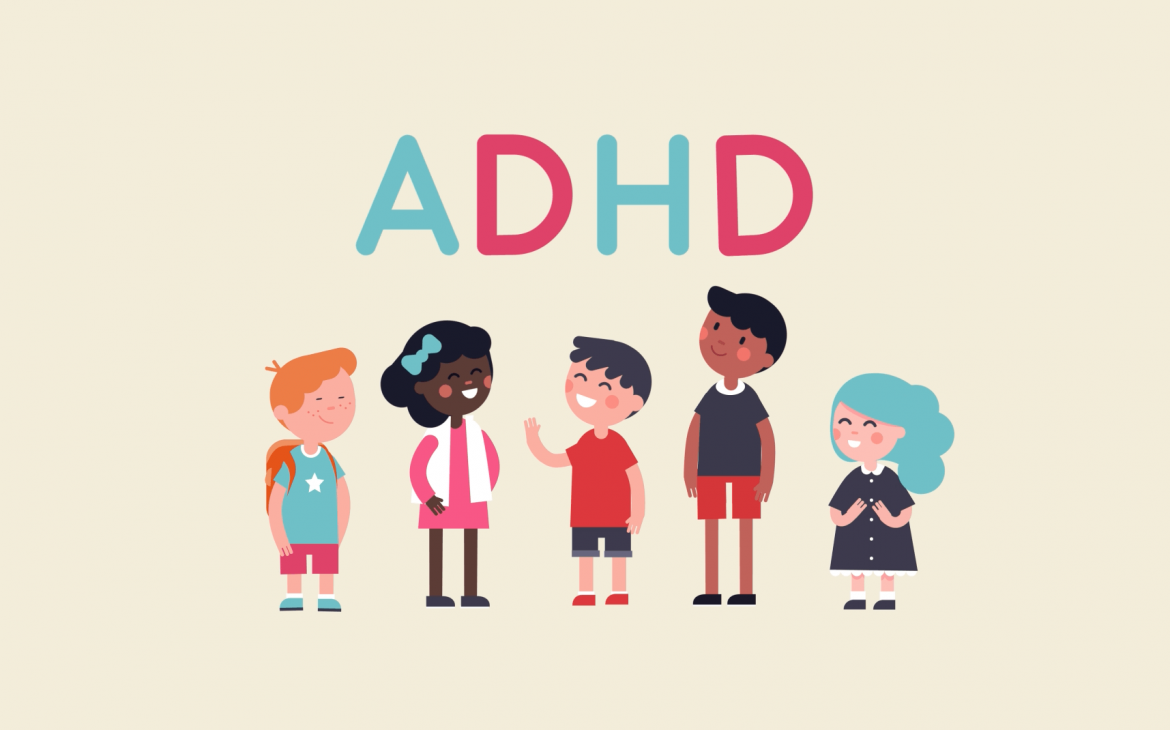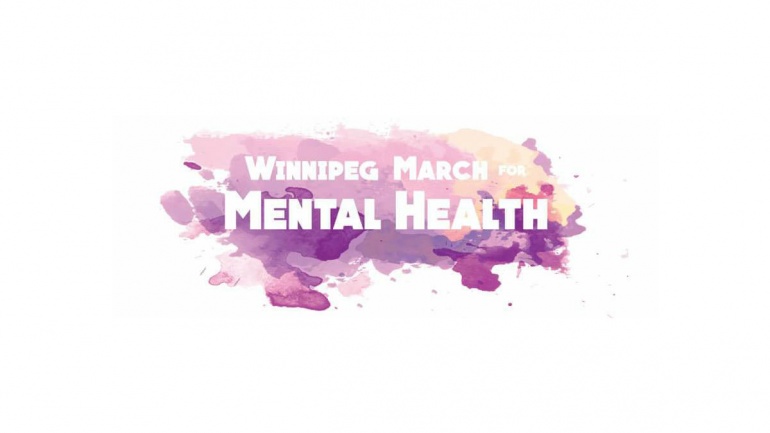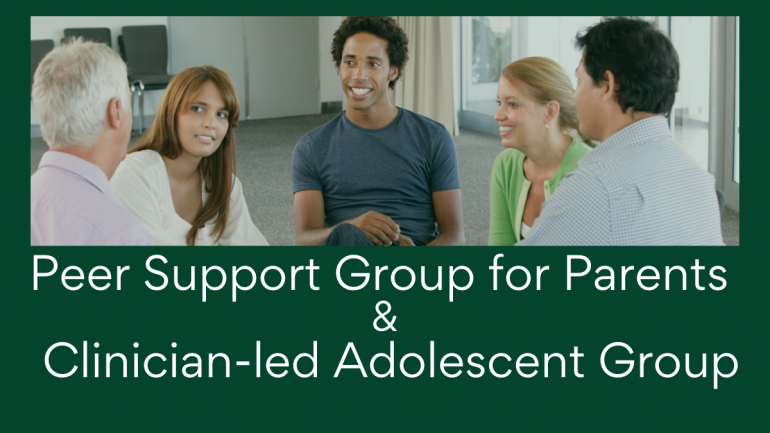Teen Daughter Mental Health
*Trigger Warning: Discussion of Attempted Suicide *
My children have always known that I would do anything for them. I am their biggest support and advocate. But this year made me realize that I may not know everything about my two teen children and it is ok to ask for help.
I won’t forget the day, January 7 2021. My daughter (just about to turn 15yrs) told me she was sick and throwing up. I went out and got her the usual; gatorade, ginger ale, and crackers. I found it odd and thought “how did she get sick when she has been isolated from everyone with shut-down restrictions?” but I wasn’t too concerned. Around 10:30 PM, she admitted that she had accidentally taken too many Acetaminophen for a headache – about five – she said. I thought about it for a couple minutes and then thought it best to call poison control. They recommended taking her up to the Emergency room just in case, since she had some symptoms. The doctor didn’t seem concerned at first …until bloodwork came back. The doctor asked me if I could leave the room so that he could speak with my daughter. My fears intensified.
Many doctors, nurses, and even myself asked my daughter how many pills she had taken. She insisted on five as an accident due to the headache. I never got told what her bloodwork showed, only that it would appear to be an overdose. I spent the night with her as she was pumped full of medicine to avoid organ damage. I barely slept, making sure she was breathing and helping her when she needed me. The next day, good news…no organ damage. She was allowed to go home as long as she ate. I left her in the care of the hospital professionals for a bit while my presence was needed at a work crisis. She ate,and I brought her home.
Over the next few weeks things got worse, or more apparent to me.Looking back – she was masking how much pain she was in (physically and mentally) for a long time. In those weeks, She didn’t want to go to school, she was barely getting out of bed, not taking care of herself, not eating, and angry. I recognized the symptoms of what I thought to be depression. After a few weeks of not getting better, I made a call to get her seen by a Nurse Practitioner. She was assessed and put on depression medication. I thought this would be the answer. She admitted to myself and the Nurse Practitioner that she had intentionally taken a lot of Acetaminophen (approx. 10) in an attempt to end her life.
The Nurse Practitioner built a great rapport with my daughter. More things were discovered and my daughter also started to open up to me. We discovered struggles with depression/anxiety/anorexia and some bulimia. Later, I discovered that she was cutting. I enlisted the support of anyone I could find. I found a counsellor that I was comfortable with, she was referred to a dietician, referred to an eating disorder centre, and referred to a Psychiatrist. I enrolled in a parent support group for myself. Through many talks with my daughter, I discovered her past trauma, her need for perfectionism, her fear of rejection or hurting others. The anti-depression medication worked a bit. But there were still mood fluctuations – from depression to manic.
My daughter and I started to do research about ADHD after it was mentioned by family and her counsellor. There were some signs when she was younger of mental health struggles, but I had rejected them. When my daughter had previously voiced concerns I would tell her that she “was fine”, I invalidated her. I wanted to learn from the past mistakes. Now, every time that my daughter asks to talk, I make sure that I give her uninterrupted time and space or arrange a time when that will be possible. I don’t try to solve her problems, I listen. This has always been my priority in my professional field, but somehow I had not done the same with my own family. I brought my daughter to her family Dr and strongly advocated with her to be started on ADHD medication before school started again. Our family doctor was able to refer us to another Psychiatrist that does not have a long waiting list.
We are in the throes of finding the best supports, diagnosis, and medications for my daughter’s needs. We have learned to work together and how she can advocate for herself now that she is older.
What I Have Learned so Far
- Listen more instead of trying to solve the problem as they speak
- Let your children have a voice
- Find all the supports available in your community
- If you are not getting the supports you need, try somewhere else
- Mental health struggles may not be apparent



